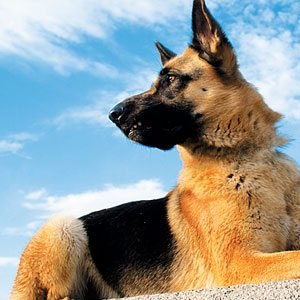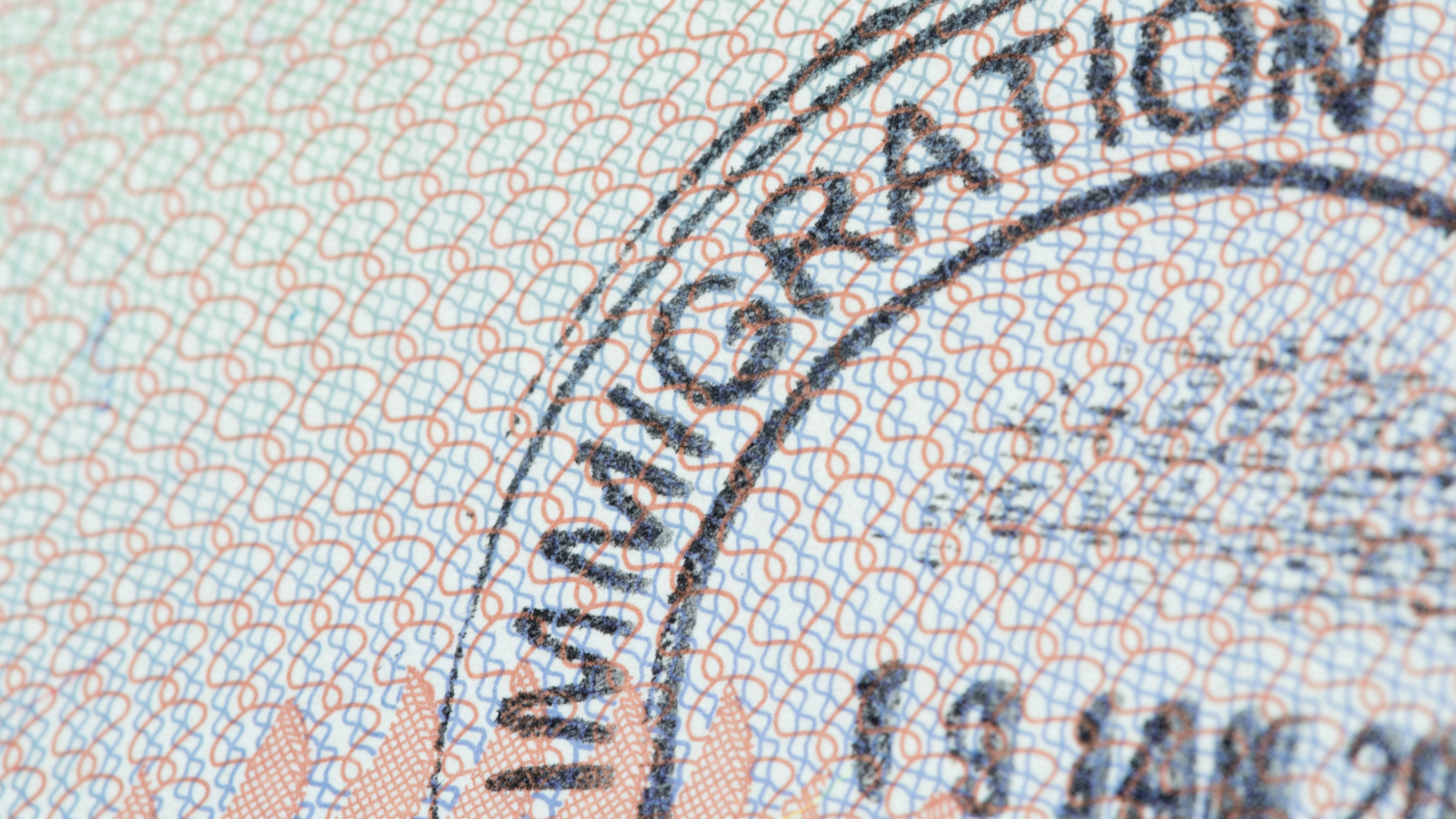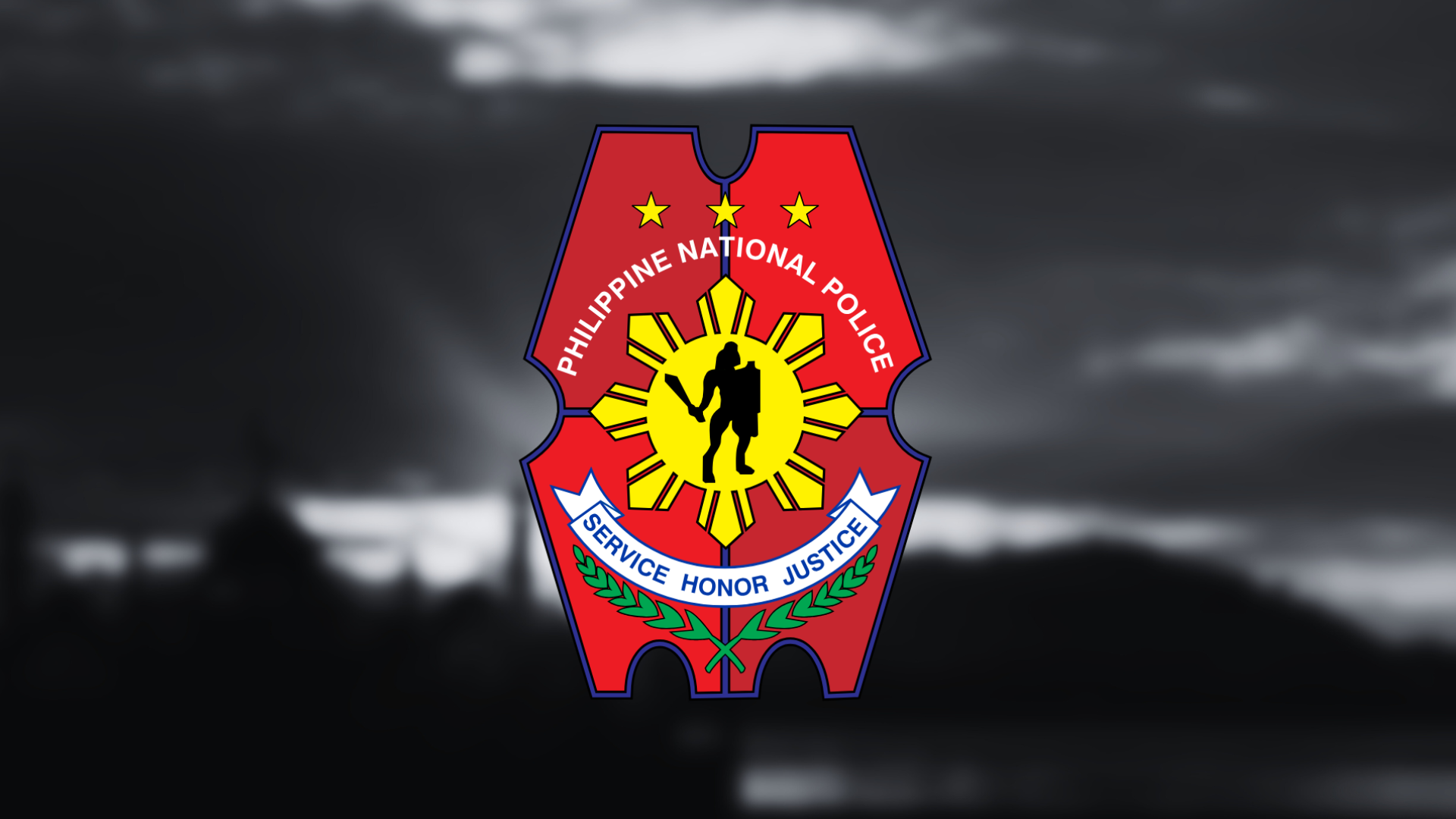The use of dogs for security jobs outside the military is a recent development. It indicates that local government units and private business companies have now become security conscious. Most likely, this is a response to the terrorism we witnessed in the 9/11 attack in the U.S. and the series of bomb attacks in Metro Manila. Local Government Units (LGUs) like Makati, Pasig, and Iligan City and Waterfront Hotel Cebu City are among the trailblazers in the use of canine power outside military circles.
Why Dogs?
An Internet search yielded the following advantages of dogs over humans.
Olfactory Sensitivity
Under ideal conditions, a dog can smell a living object several meters away. This is because a dog is endowed with an olfactory bulb roughly forty times bigger than that in humans. Dogs have also about 125 to 220 million smell-sensitive receptors while humans are endowed with only around 5 million. The bloodhound exceeds this standard with nearly 300 million receptors. With its wet nose, a dog can determine the direction of the air current containing the odor. Dogs can discriminate odors at very minute concentrations. Even at nearly 100 million times lower levels of concentration, we humans lose to our best animal friend.
Hearing Beyond Human Auditory Spectrum
Aside from its superb sense of smell and sight, a dog can detect sounds far beyond the upper limit of the human auditory spectrum. The frequency range of dog hearing is approximately 40 Hz to 60,000 Hz. In addition, dogs have ear mobility, allowing them to rapidly pinpoint the exact location of a sound. They can also distinguish their master’s voice among other voices, even at a distance of 1 mile.
Superior Night Vision
Though dogs are considered color blind, they are not night blind. They seldom trip over something at night. Dogs’ visual discrimination for moving objects is also very tremendous.
No Complaints, No Vices
Dogs do not demand salary increase, retirement benefits, overnight differentials, overtime pay, and other allowances, except for meals, vitamins, and vaccinations. Dogs do not exhibit human weaknesses like shirking from responsibilities, getting drunk, sleeping on post, malingering, and conspiring with the pilferer. (“Dogs of War.” Lapinid, Philip S. June 2004.)
Tips For Canine Providers
1. K9 Service Provider Must Possess a License to Operate. Like other security agencies, K9 providers are required to obtain a license from Civil Security Group (CSG) of the Philippine National Police. At present, it is the only government agency regulating the use of K9 dogs. CSG is now requiring a separate LTO for canines which means that the security agency’s LTO does not cover the canine services they offer.
2. Post efficient dogs. Many K9 teams rendering duty are without accreditation from different canine private and government organizations. The efficiency of canines should be tested regularly. Like humans, they need to have regular retraining, otherwise the dogs’ skill shall diminish.
3. Train and License K9 Handlers. Handlers should be certified with skills they obtained from accredited K9 Training Schools. At the minimum, they should at least be equipped with Basic Handler’s Course. The PNP also conducts training for K9 handlers. After completing the training, they will be evaluated and issued licenses as dog handlers.
4. Documentation of resources, activities, and evaluation reports. A good track record shall show that a provider should have a kennel with complete facility to house and train their dogs. The number of deployable dogs is also important. These must be more than the number of dogs committed to its clients, to have a reserve force as relievers. Dogs must also be vaccinated regularly for parvo and anti-rabies and dewormed every three months. As with dogs, there must be extra handlers available anytime.
5. Tag your dogs. Take whole pictures of your dogs, not only their distinct physical features. A micro chip in your dog shall be added protection. It is better to tag the dogs that are rendering duty to every client company.
6. Your training staff must have a bomb technician that has authorized access to explosives. Training aids are very important. It is even used by trained dogs to upgrade and regularly test its skills. The dogs must be able to detect different bomb components as well as different substances used for the main charge and booster. Synthetic components are used to replace the actual one. Sometimes, about 5 grams per component are used. It is good to have dogs trained not only for small amounts of odor but also for actual bombs (big odor). As experienced, some dogs are good in locating small amounts but unable to find big amounts or actual bombs. It is paramount to orient the dogs to different components as well as to varied sizes of explosives. It is also important to be updated with the latest bomb ingredients based on captured evidences. Terrorists now use uncommon explosives to avoid detection such as picric acid.
7. Present the people behind your K9 provider. It is important to let clients know about the people running the K9 agency to foster trust and confidence among prospective clients. Are they purely civilian enthusiasts or former military personnel with an extensive background in security or a harmonious blend of these two groups? The company must show they are good business partners in that they are capable of formulating robust K9 security plans, conduct security survey inspections and can give updates and trends on security matters.






